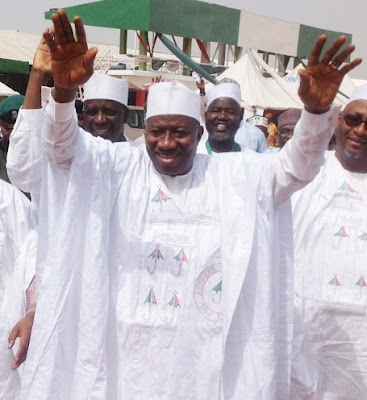By Reuben Abati
I was very skeptical when the current
leadership of Organized Labour in Nigeria objected to the decision of the
Federal Government to withdraw fuel subsidy and hand over the pump price of
petrol to the forces of demand and supply, also known as market forces. Labour,
represented by the Nigeria Labour Congress (NLC) and the Trade Union Congress
(TUC), and their affiliates and privies in civil society, further threatened
that they were opposed to the hike in electricity tariffs.

They issued a statement in which they railed
against neo-liberal policies, bad timing, and the insensitivity of government.
They made heavy weather out of the hardship that COVID-19 has imposed on the
people and why any form of additional taxation that could pressurize the people
would be utterly unacceptable. Deregulation of the downstream sector is not a
new subject in Nigeria. Removal of fuel subsidy is an old subject. Only the
dumb and the deaf would deny being aware of the persistent argument that a functioning
electricity sector in Nigeria would unleash the country’s energy and
potentials, through the values derivable therefrom: saving of costs, creation
of jobs, a value-added SME, an improved manufacturing sector and a happier,
more productive citizenry.
In 2012, when the Jonathan administration
announced a full deregulation of the downstream sector and removal of fuel
subsidy, Organized Labour aligned with opposition politicians and turned the
argument on its head. They called out their troops and a thoroughly hypnotized
political class, and workers’ community, fostered tension and instability in
the system.




.jpg)















